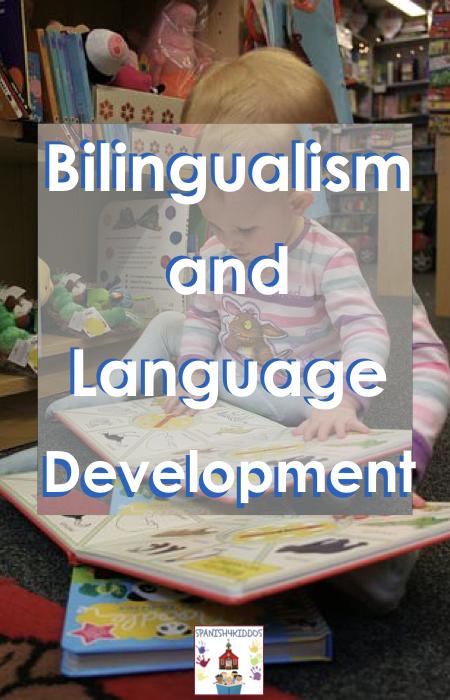
Language development in children conveys many benefits as much as various misconceptions. While there are ways to introduce another language at home to children, other family members might speak differently.
Perhaps, family members with expertise in the native language switch back and forth. As a result, young children begin to assimilate the language spoken at home and outside the home. However, for young children, there is no clear distinction between the two languages.
So, many parents or caregivers may interpret this language acquisition method as developmental delay or disorder. Misconceptions like these can often deter children from flourishing in learning another language.
Language Development in Children
Perhaps, you have experienced bilingual children speak at home or school. These young learners learned to acquire a native language at home and learn English at school.
By the time these children reach school-age, they had the remarkable task to learn another language besides English. How is this possible?
Well, at a young age, children learn a native language that other family members learned at some point. Later on, these children learn English at school and begin their bilingualism journey.
However, this language development in children often manifests itself as mixing the way they speak or express themselves. While many linguistics experts insist that learning another language at a young age does not affect development, many parents show concern.
Misconceptions of Learning a Second Language
As children begin to acquire a preferred language to speak at home, young children will start to communicate with simple one word or two-word phrases.
- For example, young speakers will interact with family members in Spanish at home.
- Then, as young children begin to learn more words, they start to switch between Spanish and English.
- So, perhaps, you might have experienced your young children speaking one way and mixing languages.
- You are not alone.
Many parents feel that this is a sign of language development delays. However, combining linguistic styles when speaking is not a developmental delay. Experts emphasize language development delays occur in either language. If you feel your child lacks language skills, make sure to talk to your pediatrician as soon as possible.
Children with Learning Disabilities and Bilingualism
Another way parents see bilingualism as a language development delay is children with learning disabilities. That is, learning disabilities in children does not deter from learning another language. Perhaps, the learning experience can strengthen other language skills.
As children get older, experts believe they would benefit from dual immersion programs. Learning in an environment with both Spanish and English instructions can support more than language acquisition. In that case, regardless of the situation, children learn English and reinforce their Spanish language skills.
Language Learning Continues at Home
Switching back and forth between both languages is not language delays. As a result, parents believe they are doing more harm than good and stop teaching Spanish. Don't give up.
That is, continue to pursue your bilingual journey with your kids. For example, use everyday activities to spark the conversation between your children.
- Would mealtime be an excellent time to talk about familiar Spanish terms?
- Or, perhaps, going to the park or family vacation is a valuable opportunity to speak about Spanish phrases or vocabulary.
- Aside from talking and reading together, experts recommend that parents should avoid correcting children.
- Instead, use modeling approaches to emphasize language learning.
- For instance, avoid saying, "that is not correct," but you could use "you might want to try" or "did you consider using this."
Learning another language is a life long journey. The path you want to take with your child depends on how much you want them to learn. Encourage your children to love literacy and reading in any language with patience and dedication.
Misconceptions of language development in children often deter parents from pursuing bilingualism at home. Perhaps, you have experienced children talking in different dialects that are confusing. However, unless there is a severe concern, learning another language at home can foster a love for reading and other beneficial language skills.

